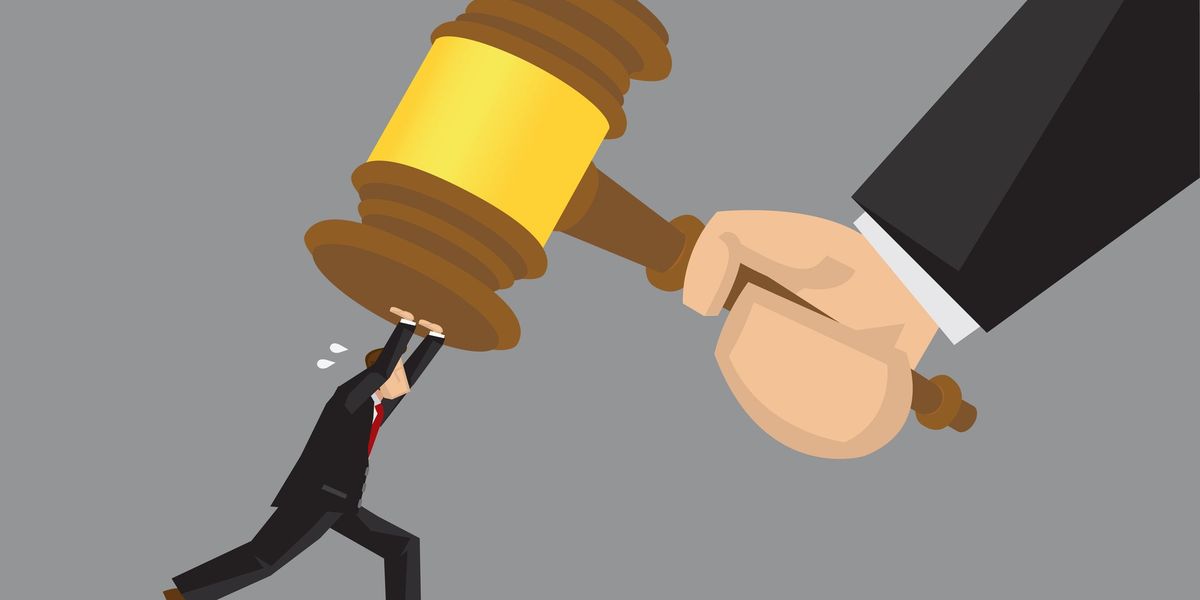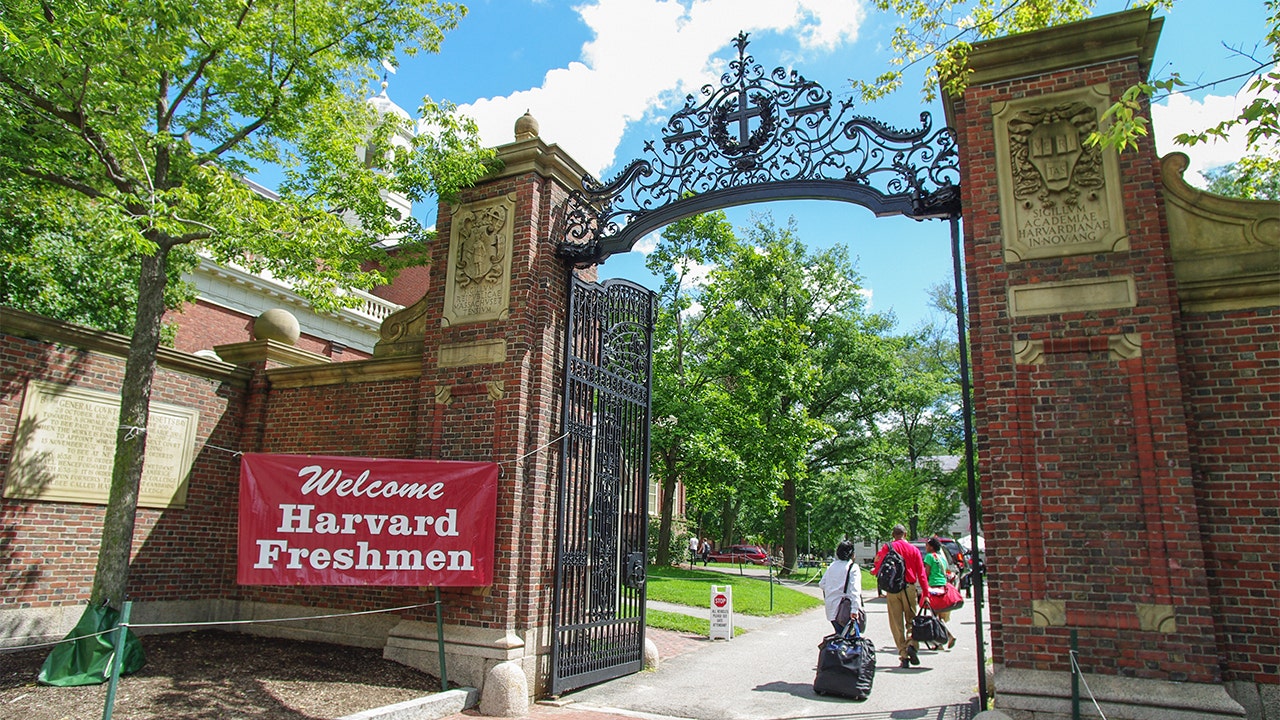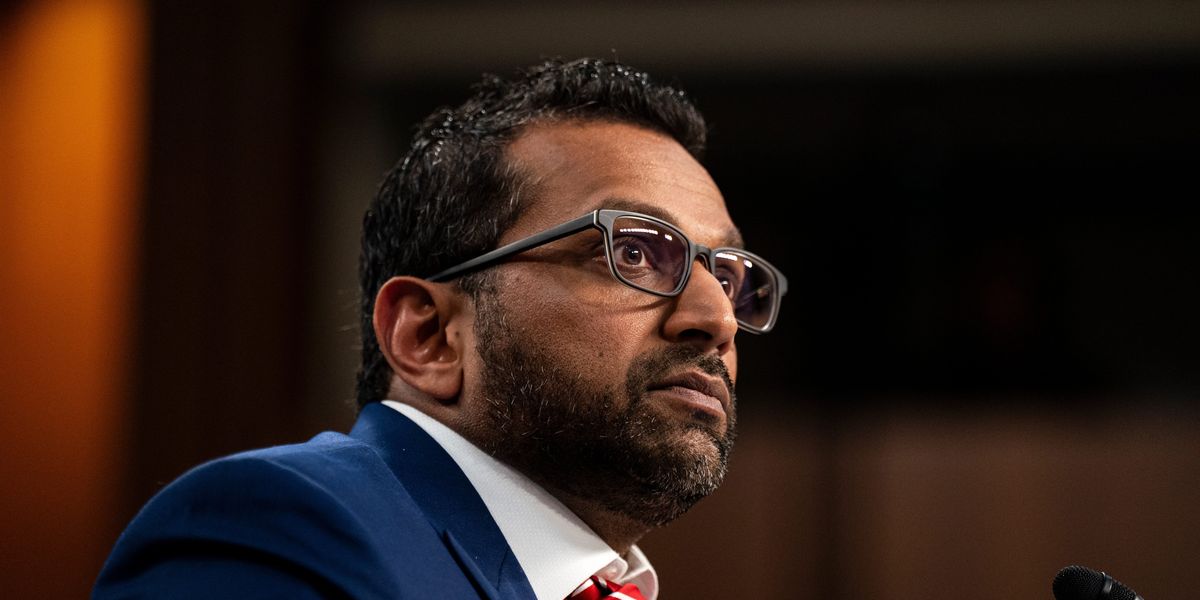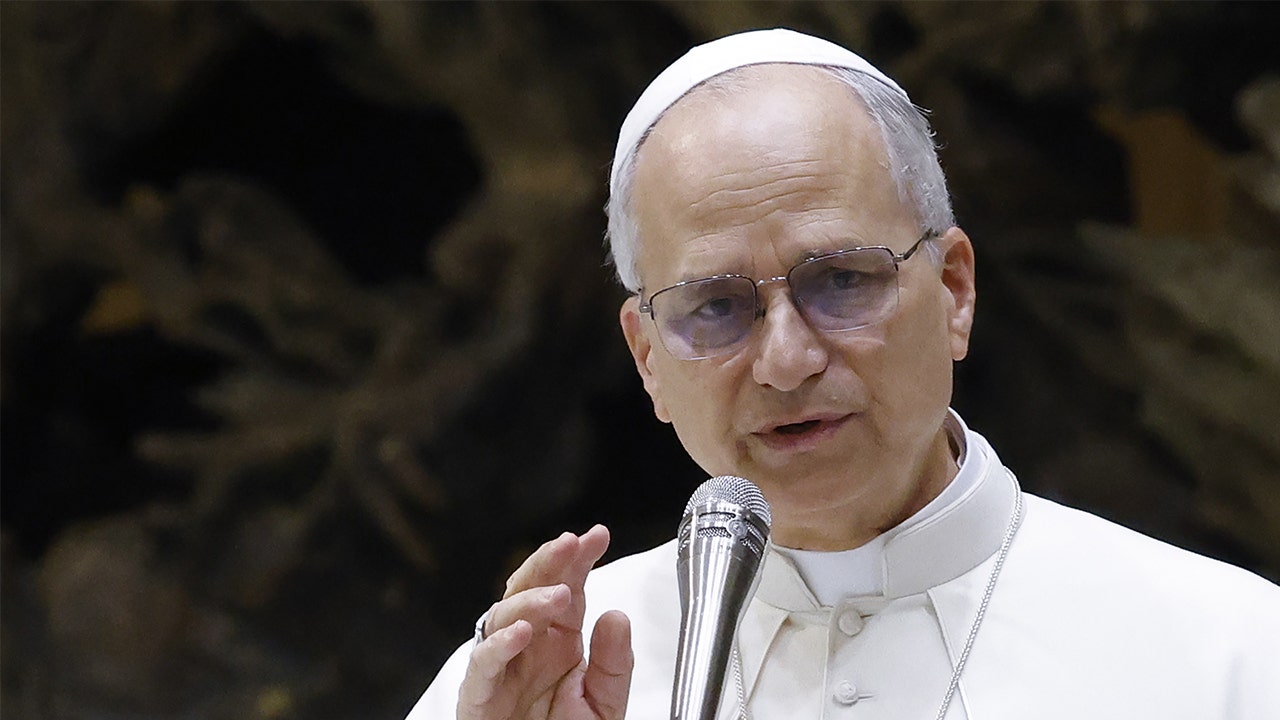If a federal judge told President Trump to deliver a specifically curated speech and then pull down his pants on live television, should he comply? If he refused, would that trigger a “constitutional crisis”? If you pay attention to the left, the answer might very well be “yes”!
The only “constitutional crisis” we face is the erroneous idea that the judiciary is atop the food chain rather than on equal footing with the other two branches of government. If Trump hopes to succeed this time around, he had better remind the judiciary of its impotence to enforce unconstitutional edicts.
Granting courts ultimate veto power over public policy creates a judicial supremacy the Founders never intended.
Federal judges have repeatedly attempted to restrict Trump’s presidential authority with overreaching demands. They have ordered the administration to fund private foreign aid organizations, reinstate specific personnel, and publish designated information on government websites. In one case, a judge even directed the secretary of defense to retract a statement on the Pentagon’s policy regarding transgender troops. And over the weekend, U.S. District Judge James Boasberg attempted to block the deportation of violent gang members under the Alien Enemies Act.
What’s next? Will they order Trump to stop threatening Hamas or remove the bust of Andrew Jackson from the Oval Office?
Judges have forgotten who they are: unelected shields against government overreach, not legislative swords that can impose policies. Perhaps Trump needs to examine that bust of “Old Hickory” Andrew Jackson in the Oval Office and recall his (likely apocryphal) response to Chief Justice John Marshall’s ruling in Worcester v. Georgia: “John Marshall has made his decision; now let him enforce it!”
What judges are not
Imagine if the president imposed the same restrictions on the judiciary that federal judges are placing on Trump. What if he dictated how judges managed their websites, controlled which clerks they could hire, or ordered them to rule a certain way? The overreach would be obvious.
Unlike judges, Congress has the authority to regulate every aspect of judicial proceedings, hiring, budget, and conduct. Judges, however, cannot impose similar policies on the other branches — a fact that frustrates judicial supremacists. This limitation exists for a reason: Federal judges are unelected. If they were meant to wield supreme — or even equal — power over public policy, they would be subject to re-election, as many state judges are.
If judicial power has clear limits, then what is its actual role, distinct from the executive and legislative branches?
In a letter to William Torrance dated June 11, 1815, Thomas Jefferson explained who decides constitutional questions.
Certainly there is not a word in the Constitution which has given [judges] that power [authority to decide on the constitutionality of a law] more than to the executive or legislative branches. Questions of property, of character, and of crime being ascribed to the judges, through a definite course of legal proceeding, laws involving such questions belong of course to them; and as they decide on them ultimately and without appeal, they of course decide, for themselves, the constitutional validity of the law.
Bankruptcy cases and criminal charges illustrate the proper scope of judicial authority. Judges can uphold or overturn criminal convictions and resolve disputes over property or bankruptcy. However, when conflicts arise over laws or the Constitution involving the other branches, the judiciary was never meant to have the final say.
Granting courts ultimate veto power over public policy creates a judicial supremacy the Founders never intended. Each branch has a duty to interpret and apply the law within its own constitutional authority. Jefferson reiterated this principle in the same letter.
On laws again prescribing executive action, and to be administered by that branch ultimately and without appeal, the executive must decide for themselves also, whether, under the constitution, they are valid or not. So also as to laws governing the proceedings of the legislature, that body must judge for itself the constitutionality of the law, and equally without appeal or control from its coordinate branches. And, in general, that branch which is to act ultimately, and without appeal, on any law, is the rightful expositor of the validity of the law, uncontrolled by the opinions of the other coordinate authorities.
Treating the courts as the final authority on public policy grants them more power than even James Madison’s rejected Council of Revision proposal at the Constitutional Convention. Under Madison’s “Virginia Plan,” Congress would have been a dominant, unicameral body with the ability to veto state laws. To keep it in check, he suggested that the president and Supreme Court jointly review laws before enactment, giving the judiciary a role in the legislative veto. Even in that system, however, the judiciary would not have acted alone — it would have shared power with an elected executive.
The system the Framers ultimately adopted works differently. Two legislative chambers check each other, and the president holds veto power. Are we now supposed to believe that the Supreme Court — or even a single district judge — has more authority than the elected House, Senate, president, and state governments combined? Should an unelected judge wield a stronger veto than the one the Framers deliberately withheld from an entire elected Congress?
No such judicial veto exists.
Resolving disputes among branches
What happens when branches of government disagree and exercise their powers in conflicting ways? Is that a constitutional crisis? Jefferson, again, provides wisdom here.
It may be said that contradictory decisions may arise in such case, and produce inconvenience. This is possible, and is a necessary failing in all human proceedings. Yet the prudence of the public functionaries, and authority of public opinion will generally produce accommodation.
Ultimately, the public will decide who is right. Our system isn’t perfect, but it is far better than allowing unelected judges to impose on the people what hundreds of elected legislators could not.
Read the full article here







![Robert Redford, Hollywood Icon and Sundance Founder, Dead at 89 [WATCH] Robert Redford, Hollywood Icon and Sundance Founder, Dead at 89 [WATCH]](https://www.boredtrashpanda.com/wp-content/uploads/2025/09/2025.09.16-06.19-boredtrashpanda-68c9aa2a717da.jpg)



